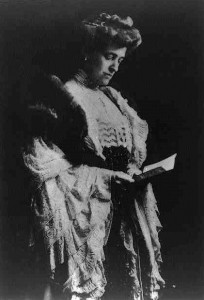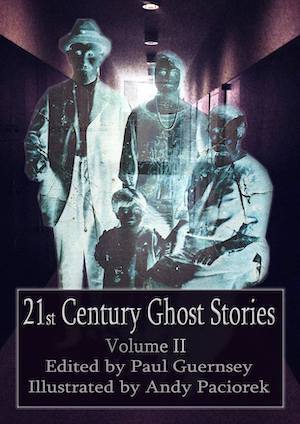Edith Wharton: Ghost Stories And A Pulitzer Prize
Edith Wharton was a celebrated early 20th century American author with 38 books to her credit. Much of her fiction had to do with New York’s high society and, like the works of her mentor and friend, Henry James, was notable for the psychological complexity of its characters. Her 1920 novel, The Age of Innocence, made her the first woman to win the Pulitzer Prize, which she received in 1921.
Also like James, Wharton excelled at writing ghost stories, a genre that was extremely popular throughout most of her career. Her ghost-story collection, Tales of Men and Ghosts, was published in 1910 and included The Eyes, one of the finest examples of the psychological ghost story in the short-story form. Another ghost-story collection, Ghosts, appeared in 1937 and contained The Lady’s Maid’s Bell (1902), a well-known conventional ghost story with Gothic overtones. Ghost stories also appeared in several of her other collections.
As a child and a teenager, Wharton was extremely frightened of ghosts and the supernatural. Much later, concerning the reality of disembodied spirits, she wrote in the Preface to Ghosts:
“Do you believe in ghosts” is [a] pointless question . . . the celebrated reply (I forget whose): “No, I don’t believe in them, but I’m afraid of them” is much more than the cheap paradox it seems to many. To “believe,” in that sense, is a conscious act of the intellect, and it is in the warm darkness of the prenatal fluid far below our conscious reason that the faculty dwells with which we apprehend the ghosts we may not be endowed with the gift of seeing.”


